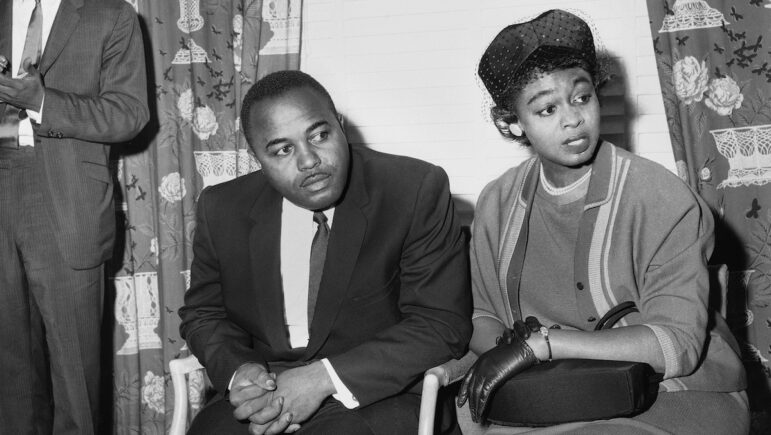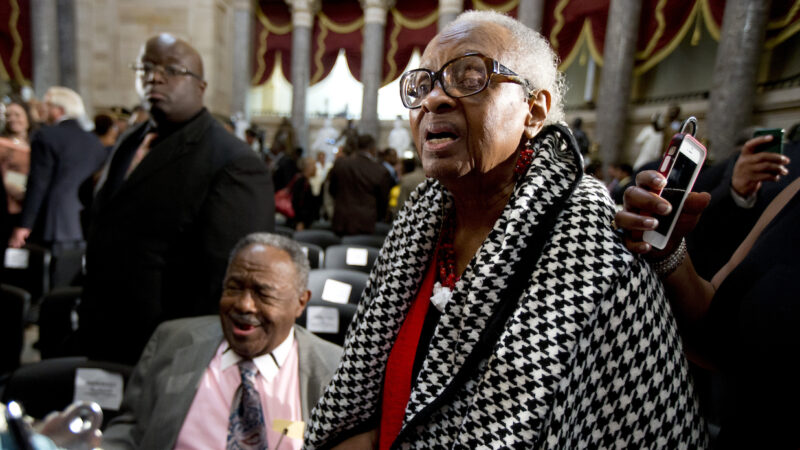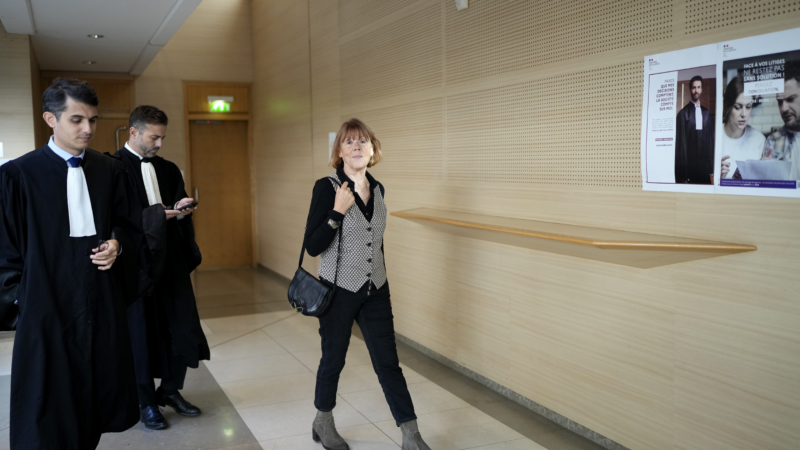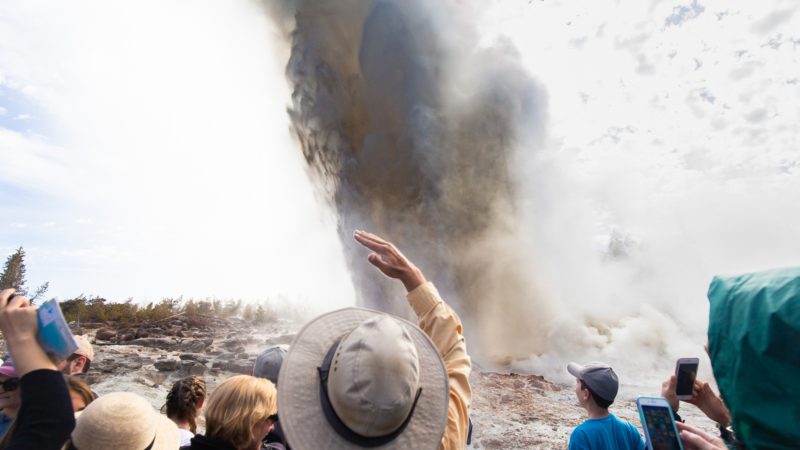Last parent of a child killed in 1963 church bombing dies
Maxine McNair, right, and Jewell Chris MacNair, left, parents of Denise McNair, the 11-year-old black girl killed in an Alabama church bombing nearly 50 years ago with three other girls, attend a ceremony at the U.S. Capitol in Washington, Tuesday, Sept. 10, 2013, awarding the Congressional Gold Medal to 14-year-olds Addie Mae Collins, Carole Robertson and Cynthia Wesley, and 11-year-old Denise McNair. The ceremony comes five days before the 50th anniversary of their deaths inside the 16th Street Baptist Church in Birmingham.
BIRMINGHAM, Ala. (AP) — Maxine McNair, the last living parent of any of the four Black girls killed in a 1963 Alabama church bombing, died Sunday. She was 93.
McNair’s family announced her death in a press release. A cause of death was not given.
McNair’s daughter, 11-year-old Denise McNair, was the youngest girl killed in the bombing of Birmingham’s 16th Street Baptist Church, the deadliest single attack of the civil rights movement. Also killed were three 14-year-olds: Addie Mae Collins, Carole Rosamond Robertson and Cynthia Dionne Wesley.
Three members of the Ku Klux Klan were eventually convicted in the case, the first in 1977 and two more in the early 2000s.

Maxine McNair worked as a teacher for over three decades in Birmingham public schools. Her daughter, Lisa McNair, said she changed many lives through education and left a lasting legacy through the students she touched.
“Mrs. McNair was an amazing wife and mother and as a teacher of 33 years in the Birmingham public school system imparted knowledge in the lives of hundreds. We are going to miss her laughter and her humor. The family would appreciate all of your thoughts and prayers,” the family’s statement said.
Maxine McNair’s husband, Chris McNair, died in 2019 at the age of 93. He was one of the first Black members of the Alabama legislature since Reconstruction and a Jefferson County commissioner.
In 2013, Maxine McNair attended an Oval Office ceremony in which President Barack Obama awarded the four girls the Congressional Gold Medal, one of the country’s highest civilian honors.
Funeral arrangements for a celebration of Maxine McNair’s life are pending.
Denise McNair was one of five girls who had gathered in a downstairs bathroom at the 16th Street Baptist Church on Sept. 15, 1963, when a timed bomb planted by KKK members went off outside under a set of stairs.
The fifth girl and sister of Addie Mae Collins, Sarah Collins Rudolph, was blinded in one eye by the blast. She later provided testimony that helped lead to the convictions of the men accused of planting the bomb.
The church bombing came during the height of the fight for Civil Rights in America, and as Birmingham’s public schools were being desegregated. The four girls became emblems of the racist hatred that emanated from much of the opposition to equal rights.
Mass trial shines a light on rape culture in France
A harrowing and unprecedented trial in France is exposing how pornography, chatrooms and men’s disdain for or hazy understanding of consent is fueling rape culture.
What’s your favorite thing about fall?
With cooler mornings and shorter days, if feels like fall is finally here. So what’s your favorite thing about fall? We put that question to people at our recent News and Brews community pop-up in Cullman.
Teammates LeBron and Bronny James make history as the NBA’s first father-son duo
The Jameses, who both play for the L.A. Lakers, shared the court for several minutes on the NBA's opening night. They join a very small club of father-son teammates in American professional sports.
After John le Carré’s death, his son had the ‘daunting’ task to revive George Smiley
Nick Harkaway grew up hearing his dad read drafts of his George Smiley novels. He picks up le Carré's beloved spymaster character in the new novel, Karla's Choice.
When Steamboat goes WHOOSH, scientists look for answers
What triggers geysers to go off is still not well understood. A new paper shows that one small earthquake likely triggered an eruption of the world's tallest active geyser, Steamboat.
Trump’s ex-chief of staff warns his former boss would rule like a ‘fascist’
John Kelly is one of several Trump-era White House officials to publicly criticize their former boss, arguing that Trump is not fit to hold office again.







